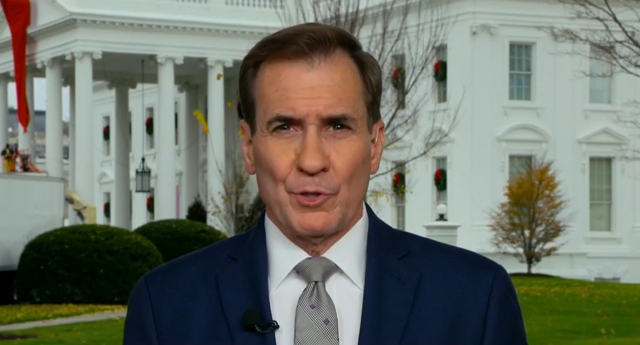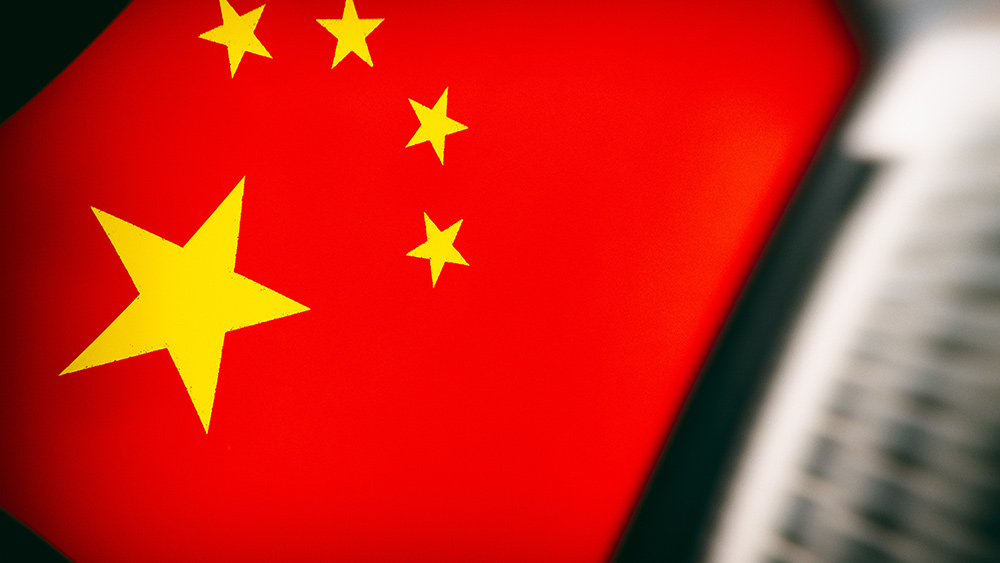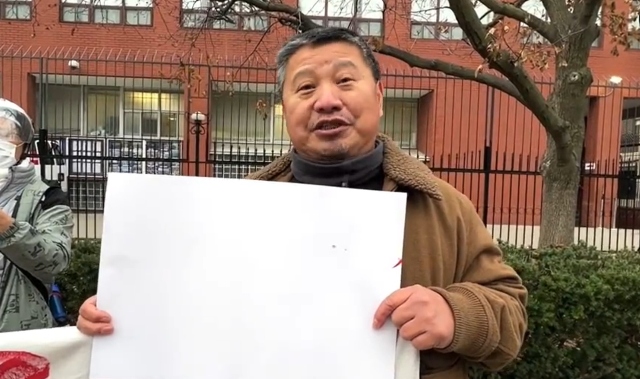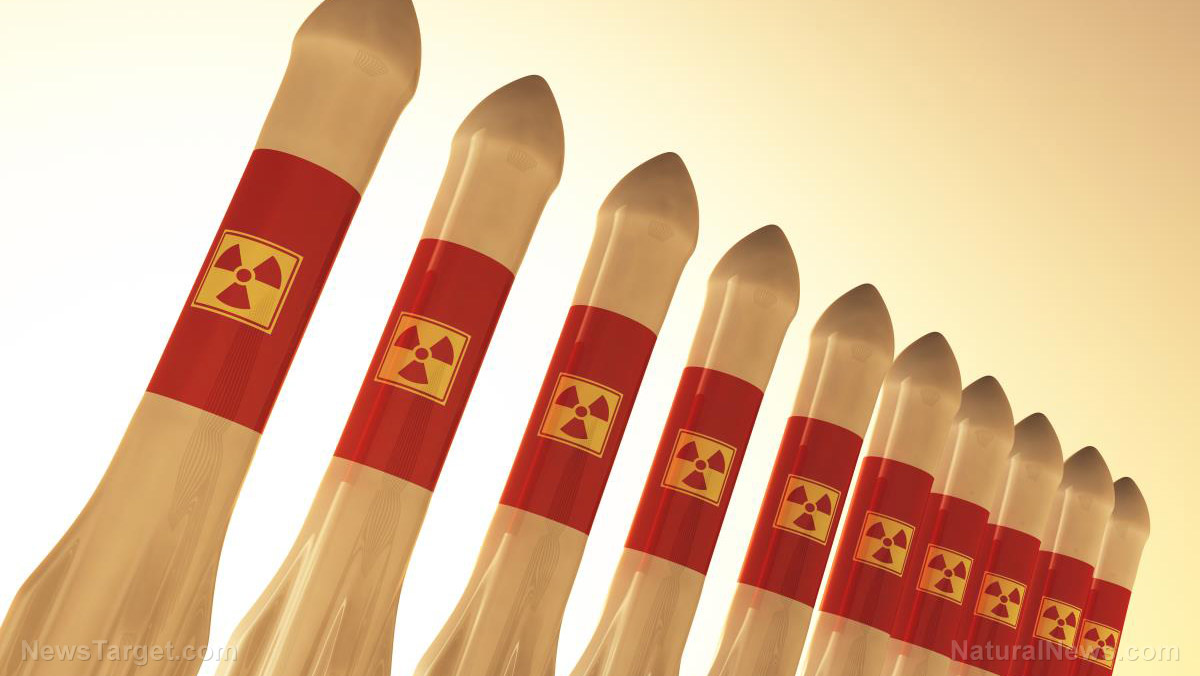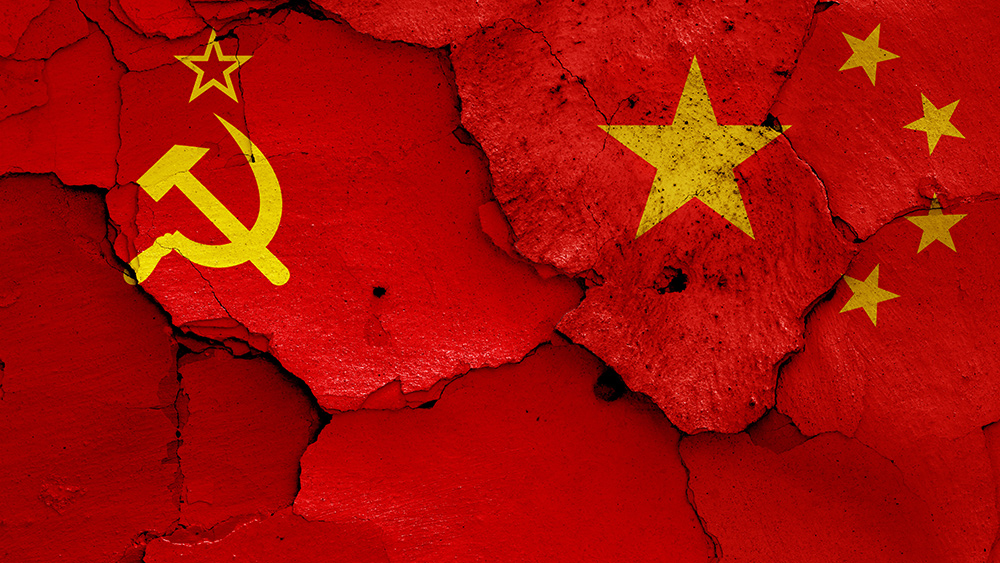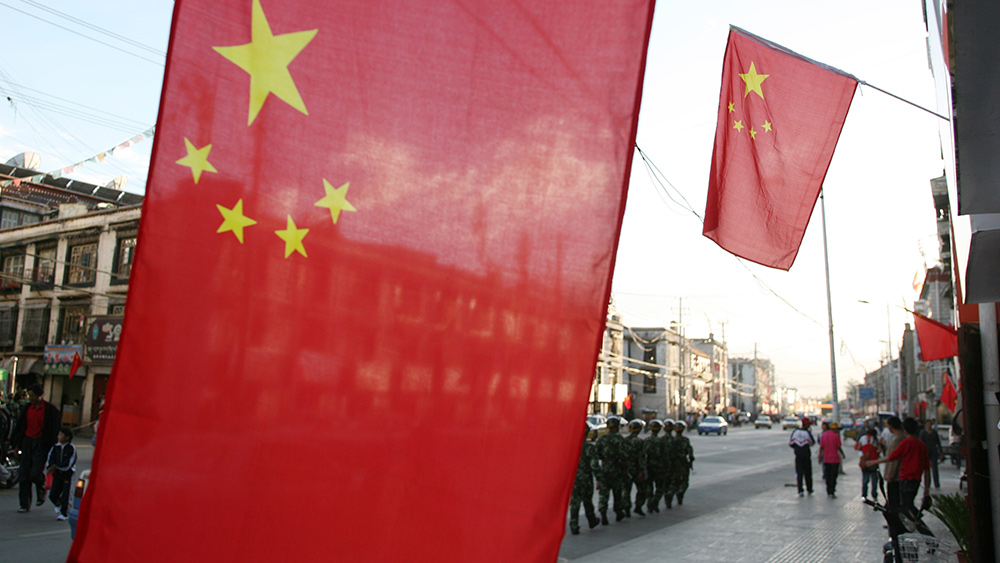China, India buying Russian crude at 40% discount compared to EU nations
12/04/2022 / By Kevin Hughes
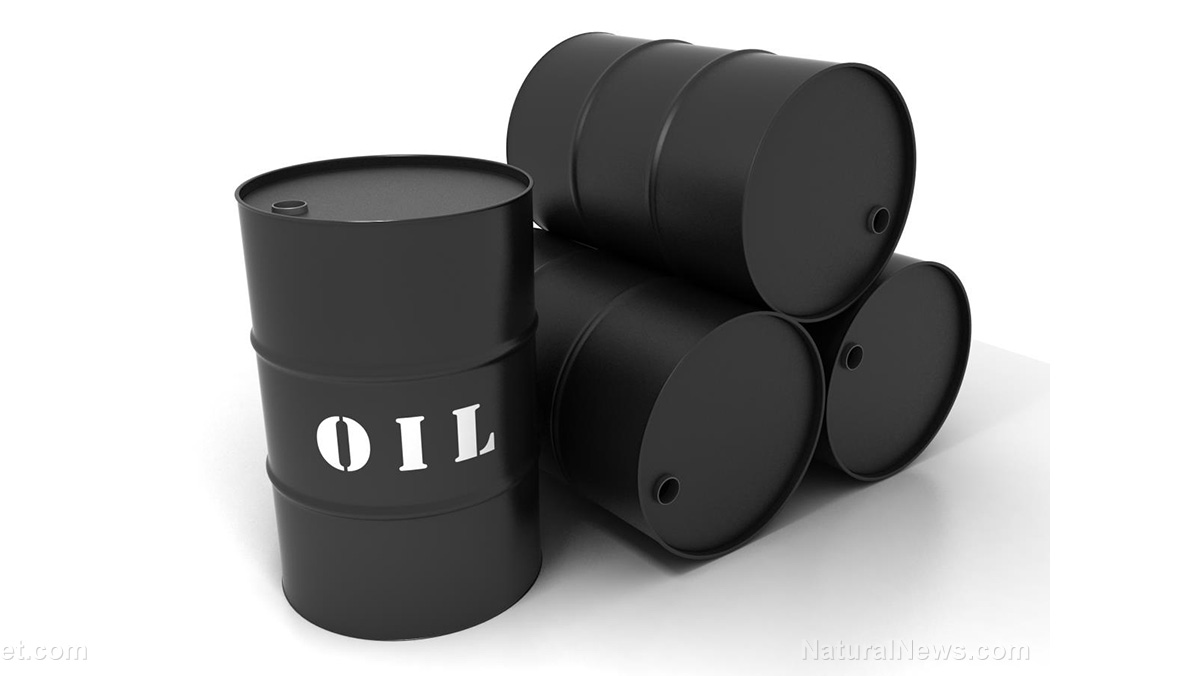
While members of the European Union can’t agree on the price cap for Russian crude, Asian countries China and India are buying it at a 40 percent discount.
A Nov. 27 report by Julian Lee, oil strategist for Bloomberg, said Russia’s flagship Urals crude oil traded $33.28 lower per barrel compared to the international Brent crude oil. A year ago, Urals traded at a much smaller $2.85 discount.
Lee’s report came out the same day the European Union once again failed to reach a deal on a price cap for Russian oil. The bloc’s eastern-most members, including Poland, Estonia, Latvia and Lithuania, have objected the proposed $60-$70 per barrel for Russian crude. They argue that it is too generous and well above the rates Russia currently sells crude.
“If you put the price cap too high, it doesn’t really bite,” said European Commission Vice President Valdis Dombrovskis in an interview with Bloomberg TV. “Oil is the biggest source of revenue for the Russian budget, so it’s very important to get this right so it really has an impact on Russia’s ability to finance this war.”
Based on Bloomberg‘s calculations, the effect of the Russia-Ukraine war could cost Moscow approximately $4 billion a month in energy revenues. In response, Moscow is allegedly drafting a presidential decree forbidding Russian oil firms and traders from selling crude to anyone engaging in a price cap. (Related: Russia to halt oil exports to nations that impose price cap on Russian crude.)
Meanwhile, U.S. Treasury Secretary Janet Yellen remarked that Russian crude being purchased by Beijing or New Delhi does not alarm Washington at all.
“If Russian oil is going to be selling at bargain prices, we’re happy to have India get that bargain, or Africa or China,” she told Reuters. “It’s fine.”
Urals crude has found a market in the East
Despite having to import 80 percent of its oil, India never saw the need to import huge amounts of Russian crude. A huge portion of its petroleum imports come from Iraq, Saudi Arabia, the United Arab Emirates and Nigeria.
In 2021, India imported a total of 12 million barrels of Russian crude. But a May 2022 report showed a “significant uptick” in Russian oil shipments to India. The South Asian country spent $5.1 billion on Russian oil, gas and coal in the first three months after the Russia-Ukraine war broke out – more than five times the amount it spent in 2021 as per Bloomberg.
Samir Kapadia, head of trade relations at the government relations consulting firm Vogel Group, explained why India was quick to jump on the lower prices for Russian crude.
“Today, the government of India’s motivations are economic, not political. India will always look for a deal in their oil import strategy,” he told CNBC in an email. “It’s hard not to take a 20 percent discount on crude when you import 80 to 85 percent of your oil, particularly on the heels of the pandemic and global growth slowdown.”
China, however, remains the largest buyer of Russian energy products. Beijing spent a total of $18.9 billion between March and May 2022, the first three months after the Russia-Ukraine war broke out. This is almost double the amount China spent from the previous year.
FuelSupply.news has more stories about Russian crude oil.
Watch this G News report that explains why China’s imports of oil from Russia soared to record highs in May.
This video is from the Chinese taking down EVIL CCP channel on Brighteon.com.
More related stories:
US-EU price cap on Russian oil threatens India’s crude imports and economic growth.
European gas prices shoot up as Russia reduces supply to top buyers across the EU.
Sources include:
Submit a correction >>
Tagged Under:
China, collapse, crude oil, discounted crude, energy, energy supply, European Union, fossil fuels, fuel supply, India, oil prices, price caps, Russia, Russia-Ukraine war, Russian crude, sanctions, Ukraine, Urals crude
This article may contain statements that reflect the opinion of the author
RECENT NEWS & ARTICLES
COPYRIGHT © 2020 CommunistChina.News
All content posted on this site is protected under Free Speech. CommunistChina.News is not responsible for content written by contributing authors. The information on this site is provided for educational and entertainment purposes only. It is not intended as a substitute for professional advice of any kind. CommunistChina.News assumes no responsibility for the use or misuse of this material. All trademarks, registered trademarks and service marks mentioned on this site are the property of their respective owners.

